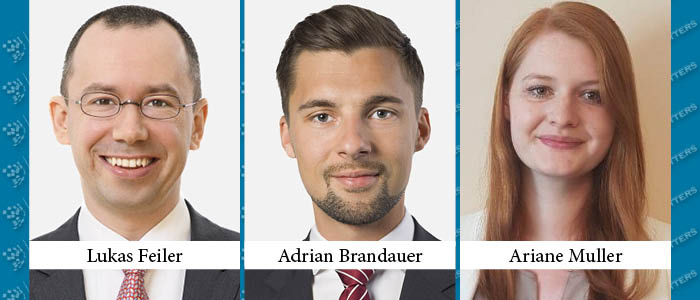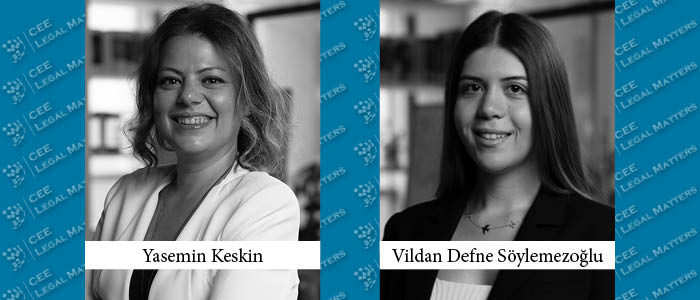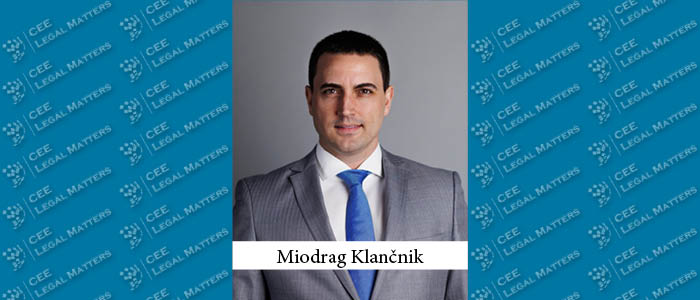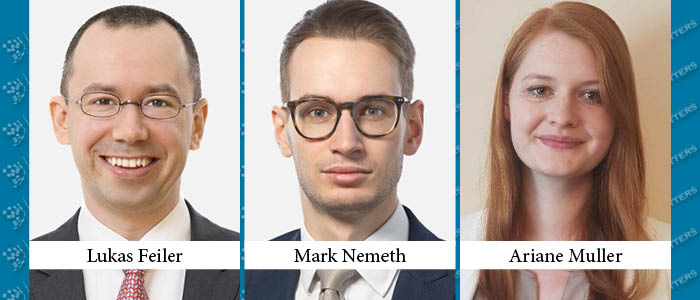The GDPR generally prohibits the processing of data relating to sexual orientation. In practice, this can be an obstacle to efforts towards inclusion.
World Economic Forum Establishes AI Governance Alliance to Ensure Safety in the Use of Artificial Intelligence
The World Economic Forum established the AI Governance Alliance, bringing together leaders from diverse sectors such as industry, government, academia and civil society to support the responsible global development and use of transparent and inclusive AI systems.
Intellectual Property Generated by Employees
Despite their undeniable awareness of importance of intellectual property (IP) for business success, many multinational companies overlook the fact that IP laws vary between countries. This has motivated us to write this article as a memento of IP that can be generated by employees. It explains the general regime related to use of such intellectual property and suggests which legal mechanisms are available to employers in safeguarding their legitimate interests in relation to IP.
Gessel Advises Fulfilio on Investment in SellerSwitch
Gessel has advised Fulfilio on its investment in SellerSwitch. Meld Jodlowski Szczawinski reportedly advised SellerSwitch.
Rask Advises Bilance Start-Up on Securing EUR 300,000 Investment
Rask has advised Estonia-based fintech start-up Bilance on raising a EUR 300,000 investment in a round featuring Specialist VC.
Turunc Advises Bogazici Ventures on Investment in Lokum Games
Turunc has advised Bogazici Ventures on its investment in Lokum Games. The round included APY Ventures and other investors. AAT Partners reportedly advised Lokum. Aksan reportedly advised APY Ventures.
New EU regulation on Digital Evidence Opens Up Risk of Data Misuse
The new EU regulation on electronic evidence will enable law enforcement authorities from one EU member state to order service providers in other EU member states to surrender digital evidence. Providers who fail to comply within ten days or, in urgent cases, within eight hours, could face fines of up to two percent of their global group turnover.



















